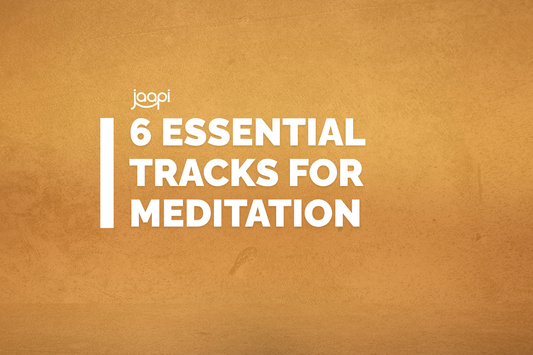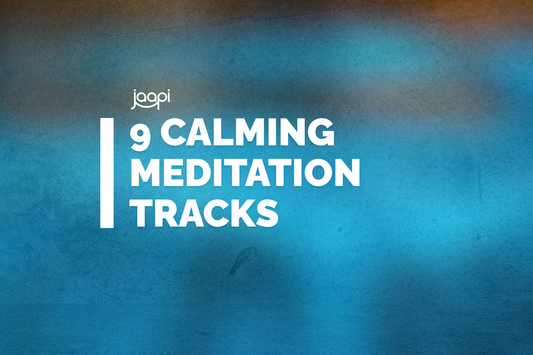Does Sound Affect Mental Health? Brain Wellness & Sound Healing
Share
Sound may deeply shape our mental health—even a few minutes of the right music or frequency can help reduce stress, restore clarity, and improve emotional balance. Whether you're guiding clients as a wellness professional or exploring self-care, sound healing offers simple, research-backed ways to feel better more quickly.
Affiliate Disclosure: As an Amazon Associate, we earn from qualifying purchases. We only recommend external tools that complement your practice.
How Sound Influences Mental Health
Scientific studies suggest that music and sound frequencies can help lower cortisol (the stress hormone), slow racing thoughts, and boost neurotransmitters that promote happiness. Sound baths, meditation music, and singing bowls are frequently used by therapists and meditation teachers to help manage anxiety, depression, and focus issues. The rhythmic, soothing nature of sound entrains the brain, shifting attention from worries to the present moment—a powerful skill for personal and professional growth.
For creatives and coaches, integrating royalty-free sound healing music into sessions or online resources delivers immediate perceived value and keeps users engaged. Personal users benefit from adding calming tracks to daily routines—each listening session is an act of self-care.
Practical Ways to Use Sound for Mental Wellness
- Try meditation music for anxiety relief—choose tracks tuned to frequencies like 432 Hz and 528 Hz that many find particularly calming.
- Add sound healing sessions to your practice or personal wellness plan using quality headphones for immersive experiences.
- Create intentional listening breaks—5 minutes of soothing sound can interrupt negative thought patterns and restore focus. Use a meditation timer to establish consistent practice.
- For professional use, explore targeted approaches with our 432 Hz frequency collection that many practitioners find supportive for brain function and emotional balance.
- Create comfortable healing spaces with a meditation cushion and track your experiences with a practice journal to notice which sounds work best for your mental wellness.
Explore our free healing music downloads and discover frequencies specifically chosen to support emotional balance and mental clarity.
Sound offers an accessible, creative, and evidence-backed way to nurture mental wellbeing. Whether guiding clients, building online offerings, or caring for yourself, healing frequencies and music can create moments of calm, connection, and clarity that ripple through every aspect of life.
For deeper understanding of how sound affects mental wellness, learn about whether meditation music can reduce anxiety and discover what sound healing does to the brain. For comprehensive guidance on therapeutic sound applications, explore our meditation music benefits guide to discover how sound supports overall wellness.









